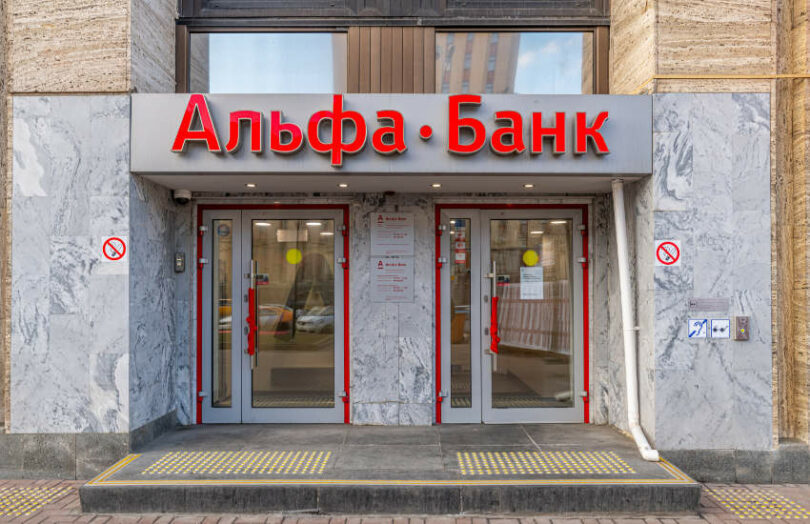Russia’s largest private bank Alfa Bank is just the fourth organization to land a digital financial assets (DFA) license from the Bank of Russia. In 2021 Russia introduced new regulations that cover some tokenized traditional assets as well as the tokenization of real world assets but exclude cryptocurrencies.
So far, the existing licensees have mainly focused on using blockchain instruments for factored invoices and precious metals such as palladium and gold. Alfa Bank will take a similar approach with tokenized ‘monetary claims’ and the tokenization of physical assets, including precious metals.
Alfa Bank says its A-Token platform will be used to raise money for companies from all classes of investors, including individuals and professionals, and is planning to issue some tokens itself.
“We see the effectiveness of the technology and its ability to conduct transactions with the client directly, reducing costs and risks,” said Denis Dodon, Innovation Director at Alfa-Bank.
The other three DFA licensees are Russia’s largest bank Sberbank, Norilsk’s Atomyze and startup Lighthouse.
There has been much talk about Russia’s potential to use digital assets or cryptocurrencies to circumvent sanctions. Both Sberbank and Alfa Bank are heavily sanctioned. Norilsk is not, though its biggest shareholder Vladimir Potanin is.
In response to the chatter, Europe tightened its Russian cryptocurrency sanctions. Russia’s central bank appears reluctant to encourage any use of cryptocurrencies, but other government departments seem keen. The central bank is developing a digital ruble central bank digital currency (CBDC) with work on cross border payments to start this quarter.






